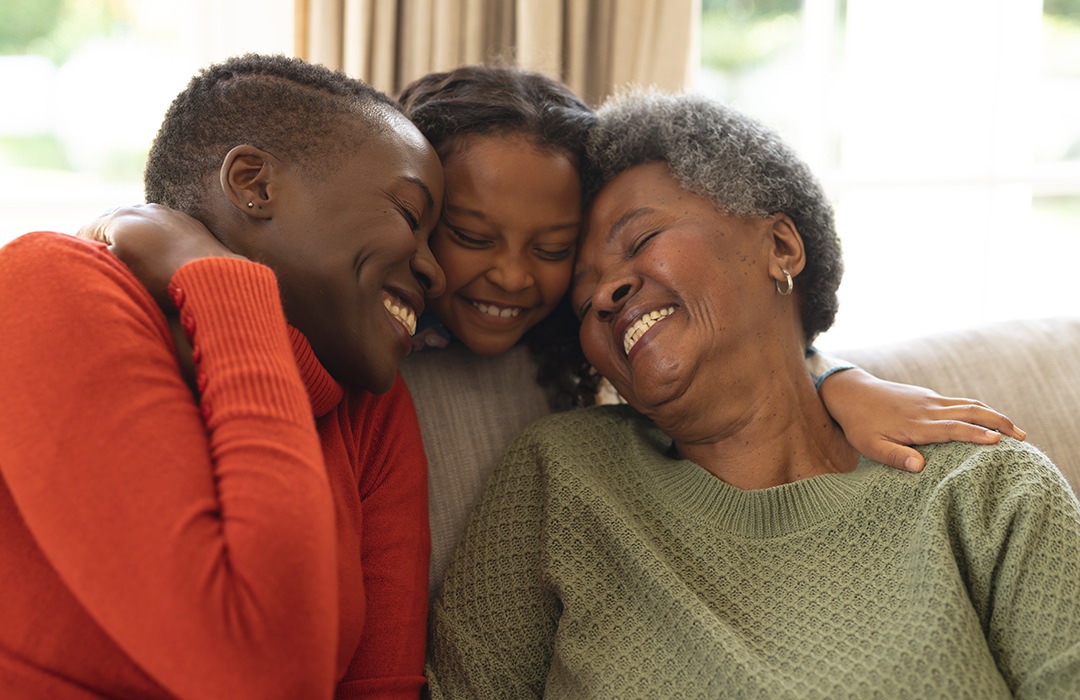Caring for a loved one is a deeply meaningful role, but it also comes with emotional and practical challenges. Whether you’re navigating burnout, initiating discussions about extra support, or preparing for end-of-life conversations, it’s important to have the right information and guidance to be fully prepared for these moments.

5 Ways Senior Living Provides Peace of Mind for Families
Caring for an aging loved one can be both rewarding and challenging. Many families find themselves balancing concerns about safety, health, and emotional well-being, while also managing the demands of their own lives. It’s natural to worry whether your loved one is truly getting the support they need.

5 Ways to Stay Involved After Your Loved One Moves to Senior Living
When a loved one moves to a senior living community, it marks a transition. As a spouse, adult child, or close friend, who may have been assisting with care, it’s natural to wonder what your role looks like now. You may feel relief that they’re getting the care they need, but also a concern about how to stay connected.

Adapting to Alzheimer's as a Family Caregiver
When a loved one is diagnosed with Alzheimer’s or another form of dementia, the entire family is affected. As a family caregiver, you may suddenly find yourself in a new role—one that is both emotionally challenging and physically demanding.

Caregiver Burnout: Recognizing the Signs
Caring for an aging parent is a deeply meaningful role, but it can also take a serious toll over time. Recognizing the early signs of burnout is essential to protecting your health and maintaining the quality of care your loved one deserves.

How to Balance Caregiving with Work & Family Responsibilities
Balancing caregiving with work and family life can feel overwhelming—especially when you're pulled in multiple directions at once. This guide offers ways to help you stay organized, set realistic expectations, and care for yourself while providing compassionate support to your loved one.

How to Talk to a Loved One About Embracing Assistance
Discussing care with a loved one can be emotionally challenging. By approaching the conversation with empathy, preparation, and a focus on their well-being, you can create a supportive dialogue that respects their feelings and opens the door to safer, more comfortable aging.

Navigating End-of-Life Conversations: A Guide for Caregivers
While end-of-life discussions may stir up difficult emotions, talking about medical care, legal wishes, and personal values early ensures your loved one’s voice is heard and respected. This guide offers tips for approaching these conversations with empathy and care.

The Sandwich Generation: A Guide to Caring for Parents and Kids
Being part of the sandwich generation can feel like standing in the middle of a tug-of-war. On one side are your aging parents, who may need more support and care than ever before. On the other side are your children, who rely on you for guidance, attention, and everyday care. Balancing these responsibilities can be both emotionally and physically demanding, leaving many caregivers feeling stretched thin, guilty, or overwhelmed.

Things You Don’t Realize You Need to Do as a Caregiver
Becoming a caregiver often begins with small, loving gestures: dropping off groceries, handling a few errands, or driving to doctor’s appointments. But over time, those tasks can grow into something much larger.

What Is a Caregiver: Understanding the Role
This article explores what it means to be a caregiver, the different types of caregiving roles, and the wide range of responsibilities involved—from daily living assistance and medical management to emotional support and advocacy. Whether you're already providing care or just beginning to consider it, understanding the caregiver role is a vital first step.

5 Ways to Use Social Media to Engage with Your Loved One
Staying connected to older loved ones is a great way to support their emotional and mental health, especially if they live alone. While phone calls and in-person visits are meaningful and seen as the best ways to stay connected, social media offers an additional approach to keep relationships strong—especially when distance, busy schedules, or health concerns get in the way.


